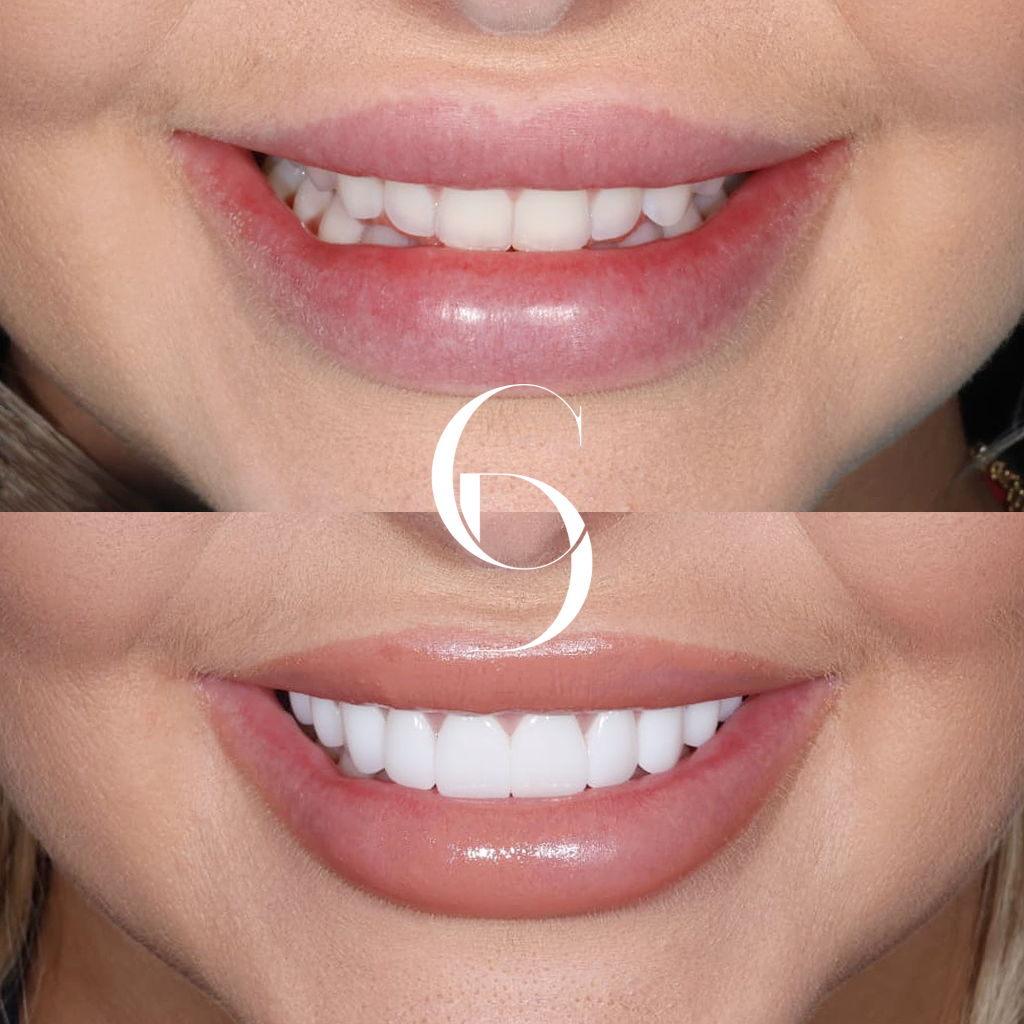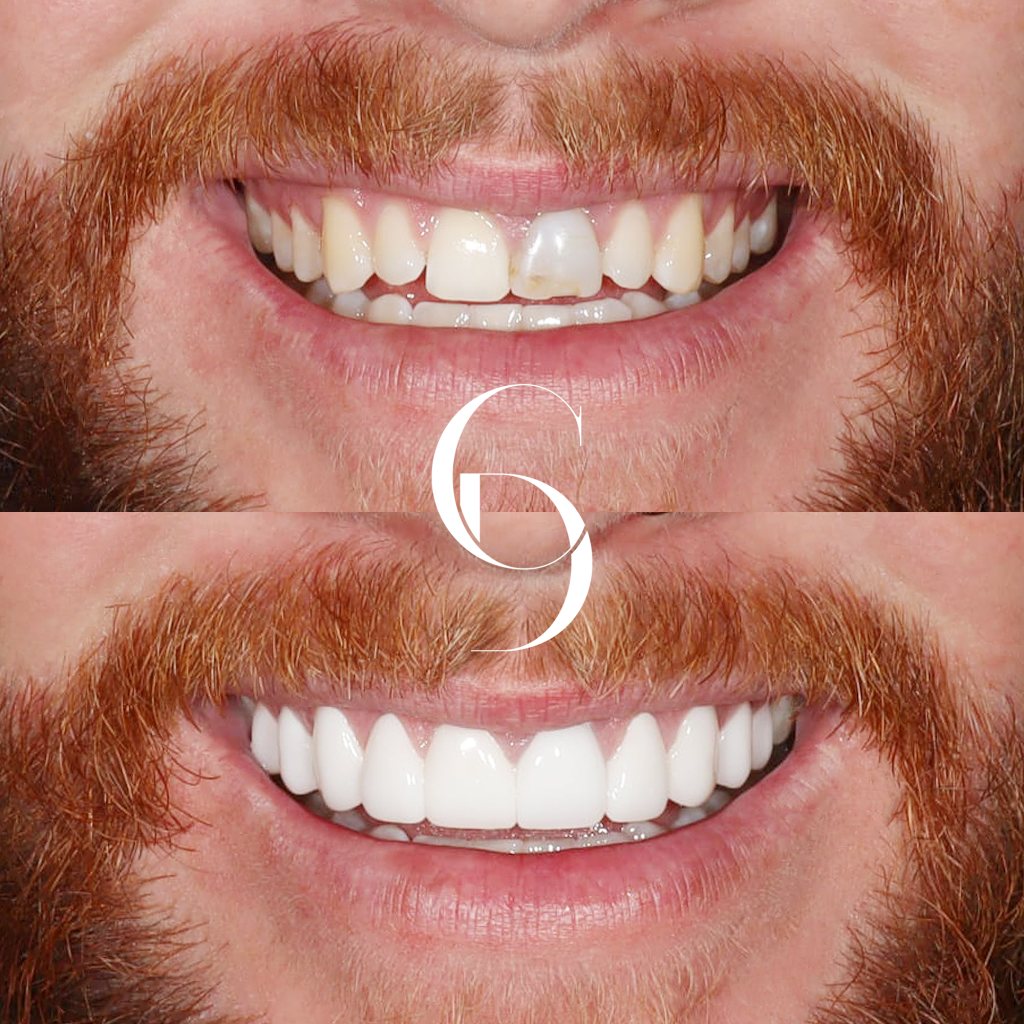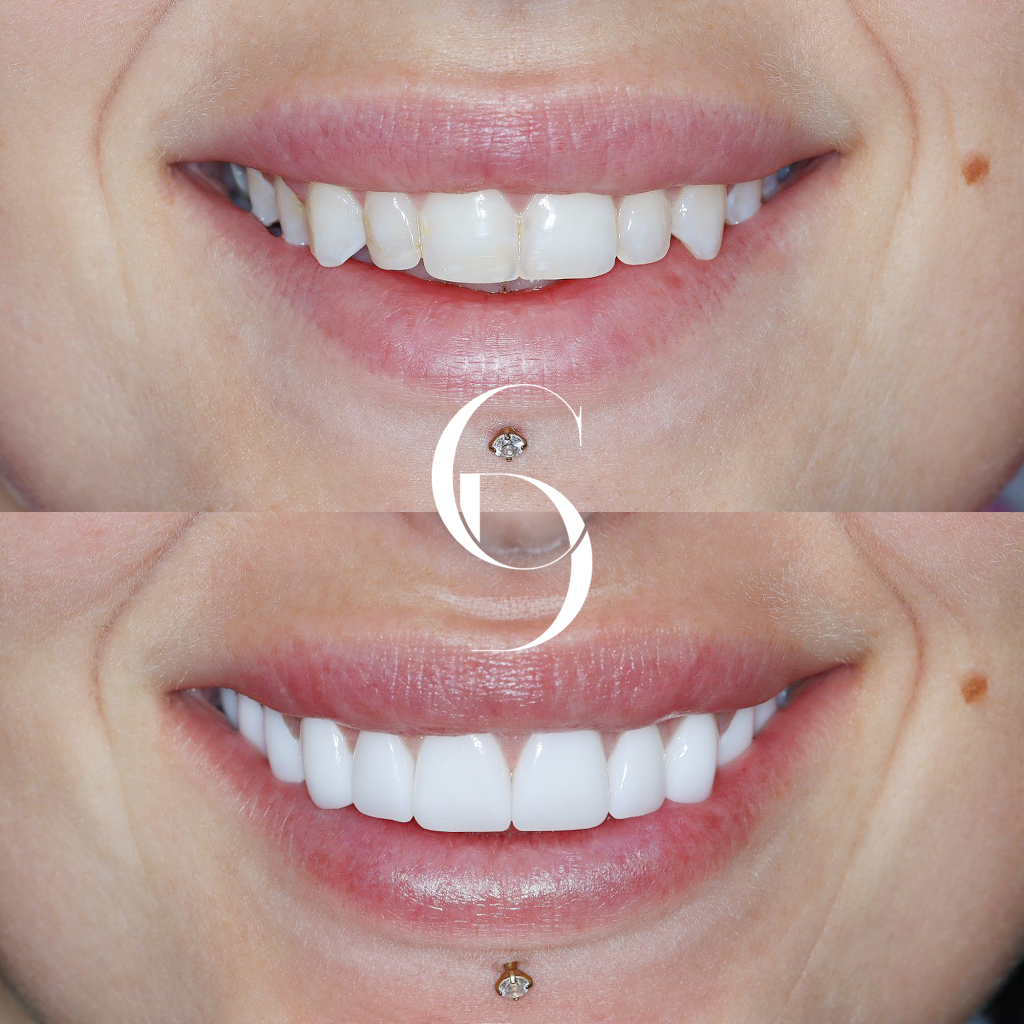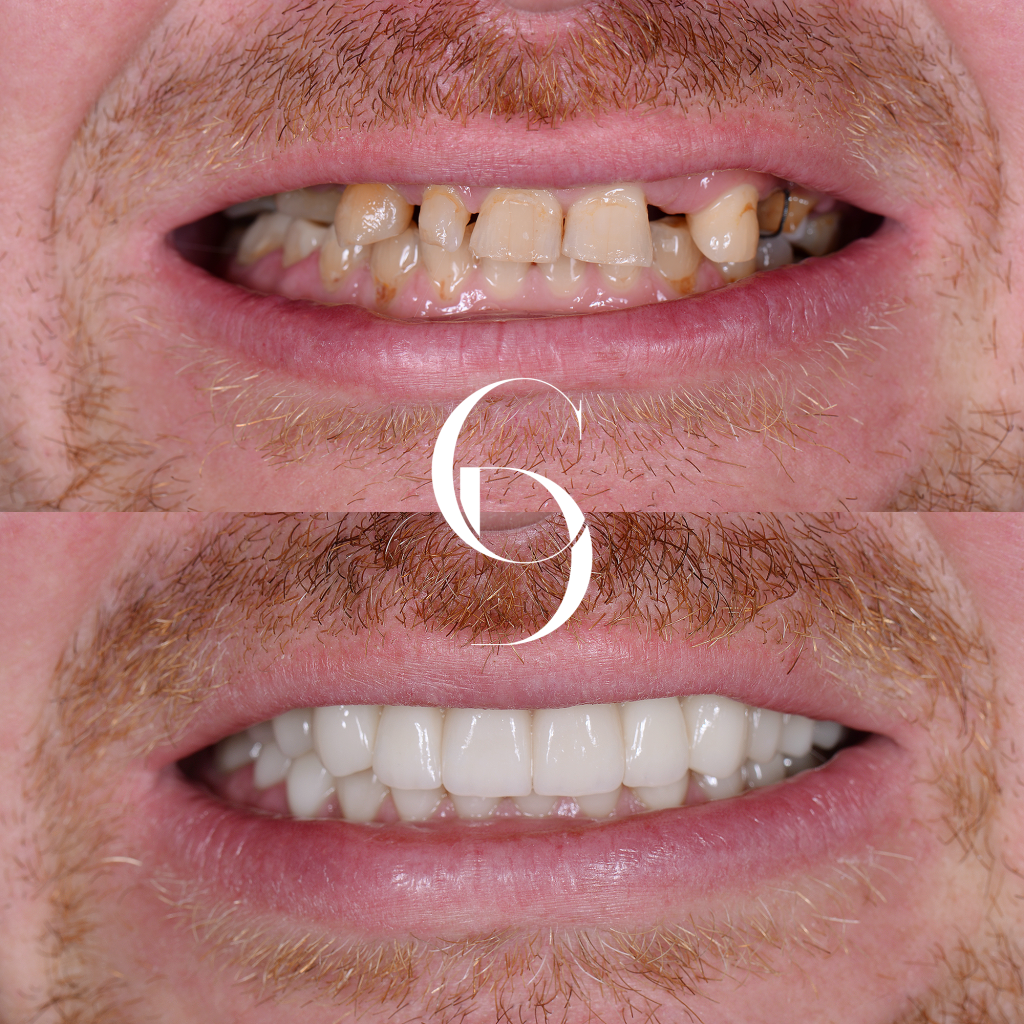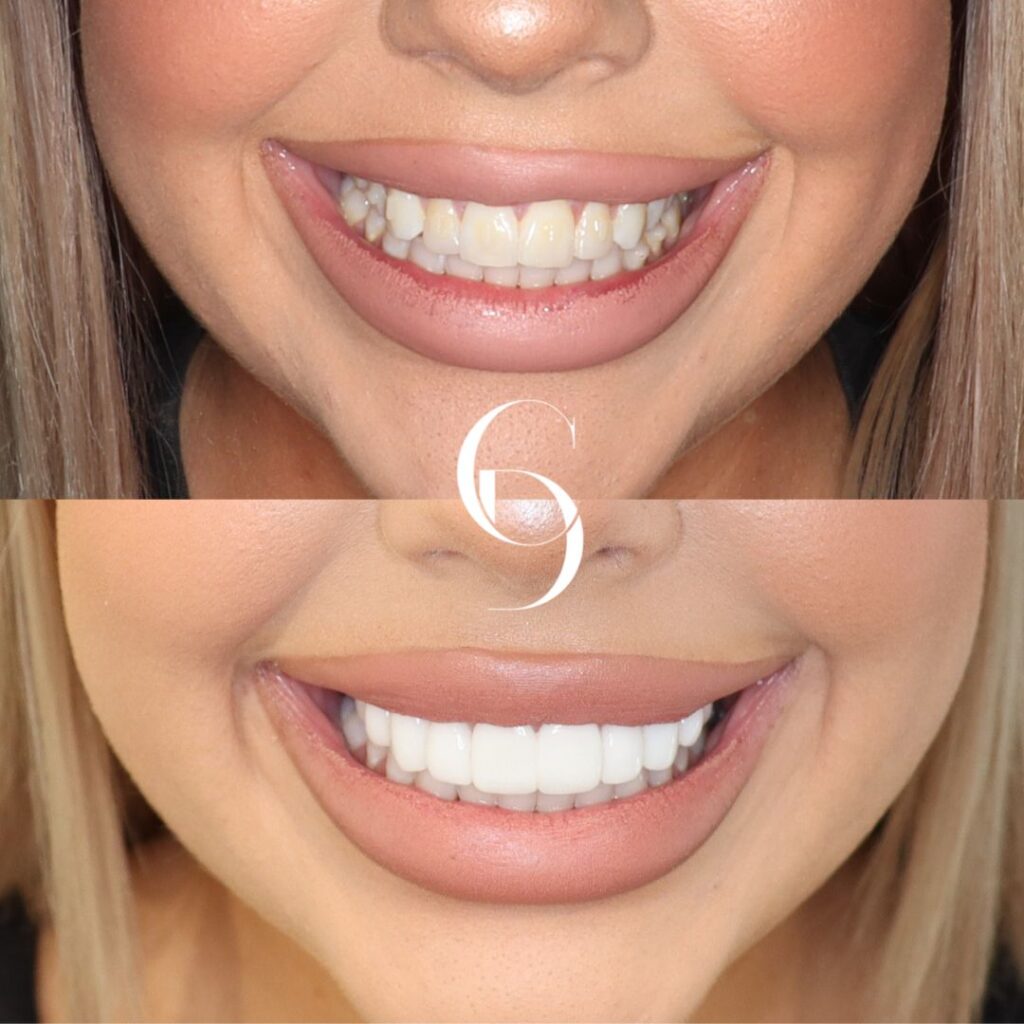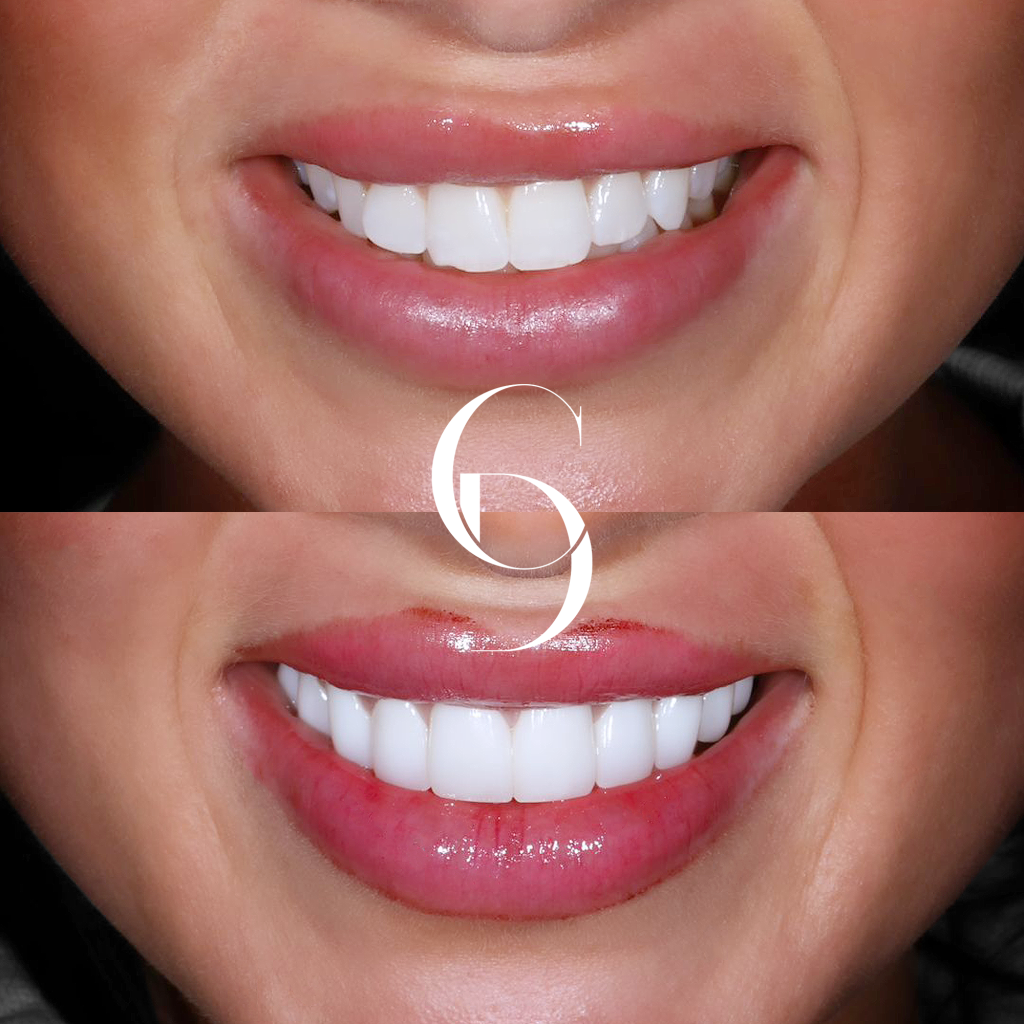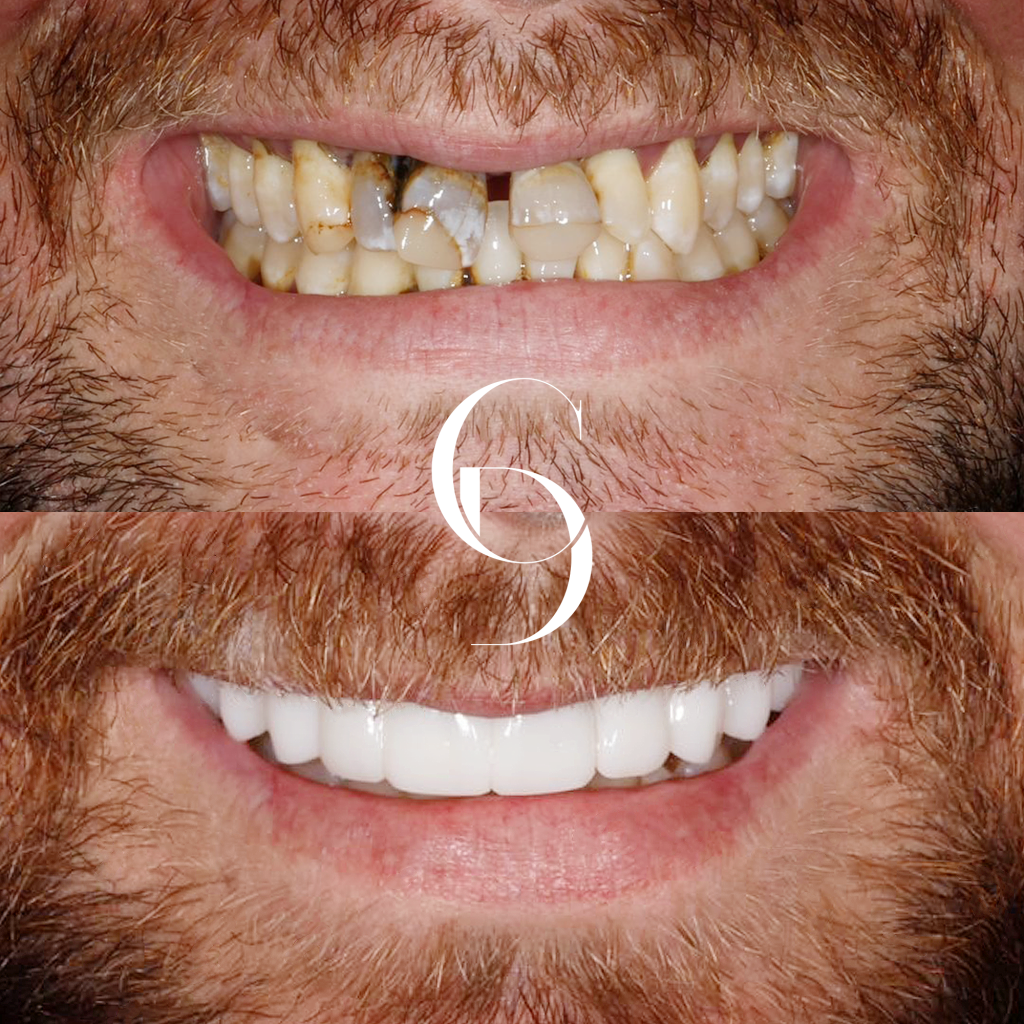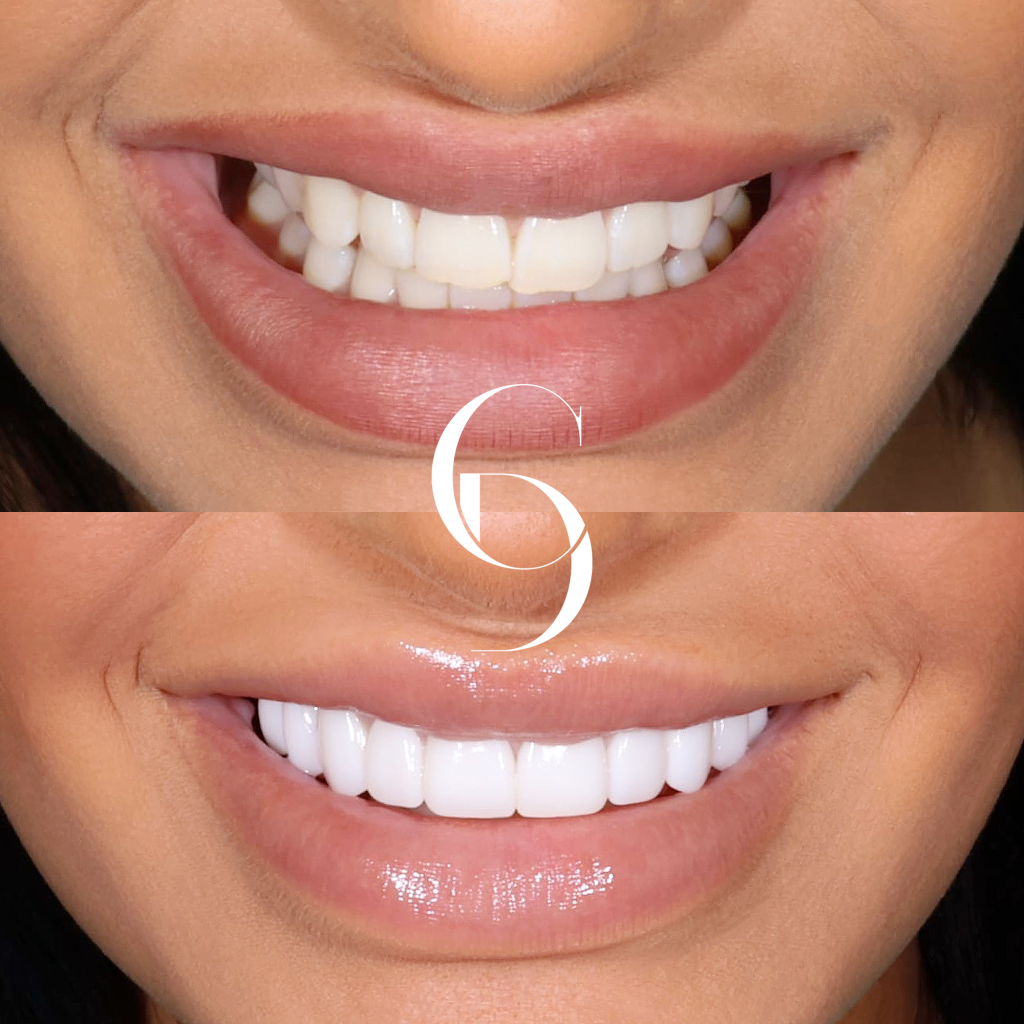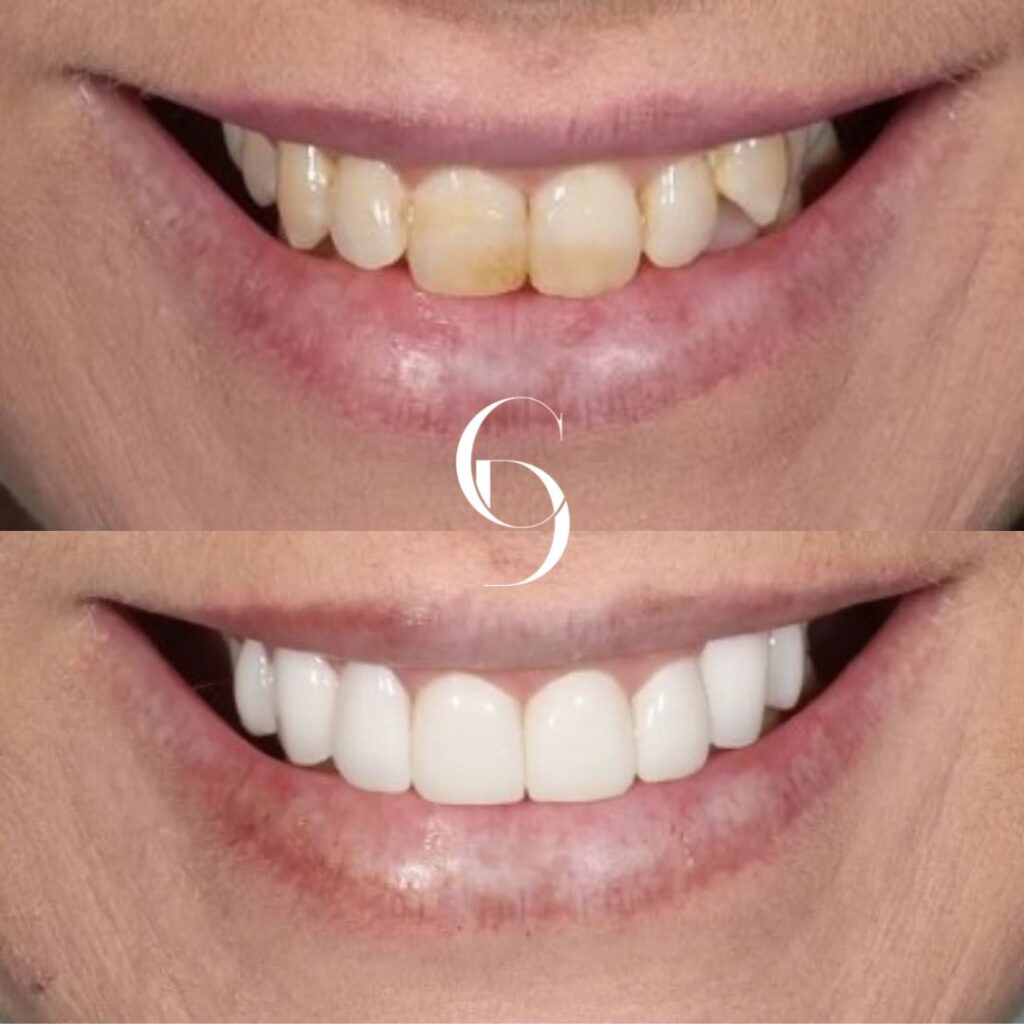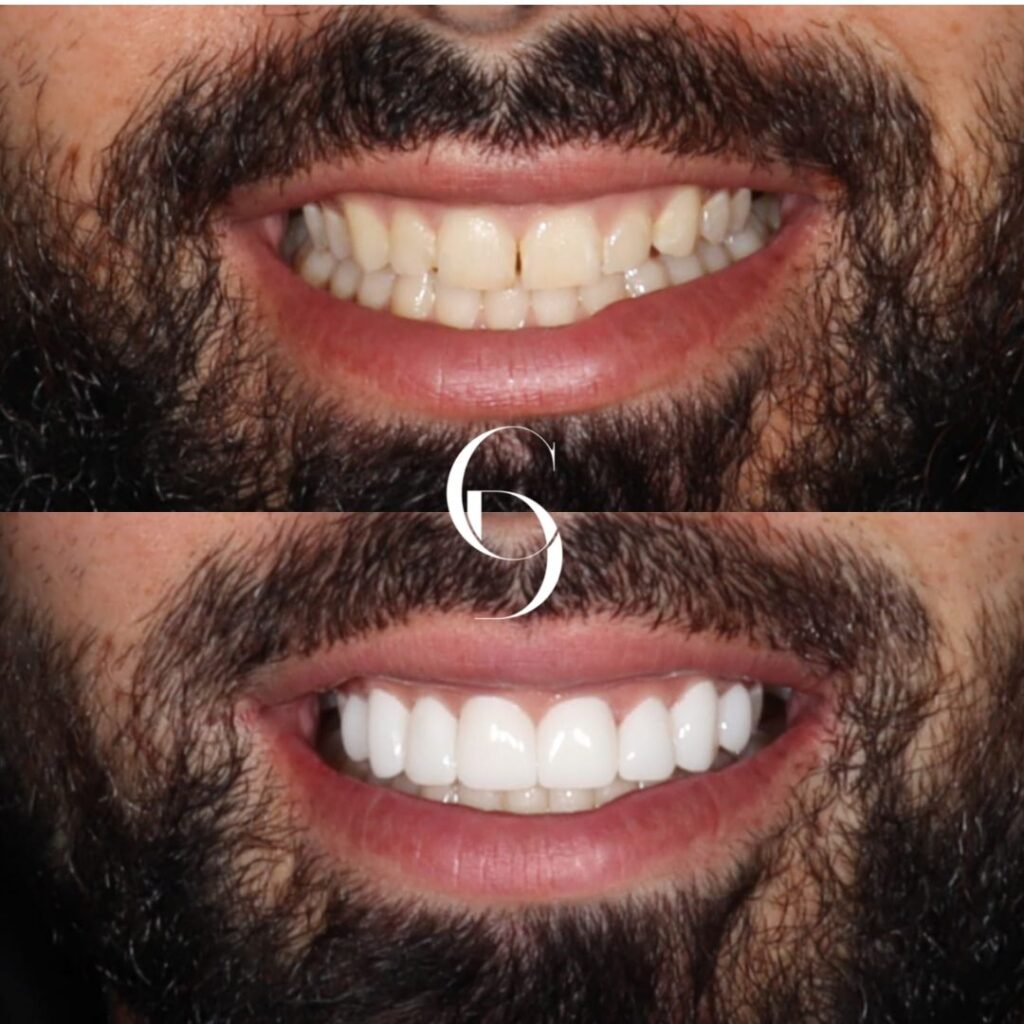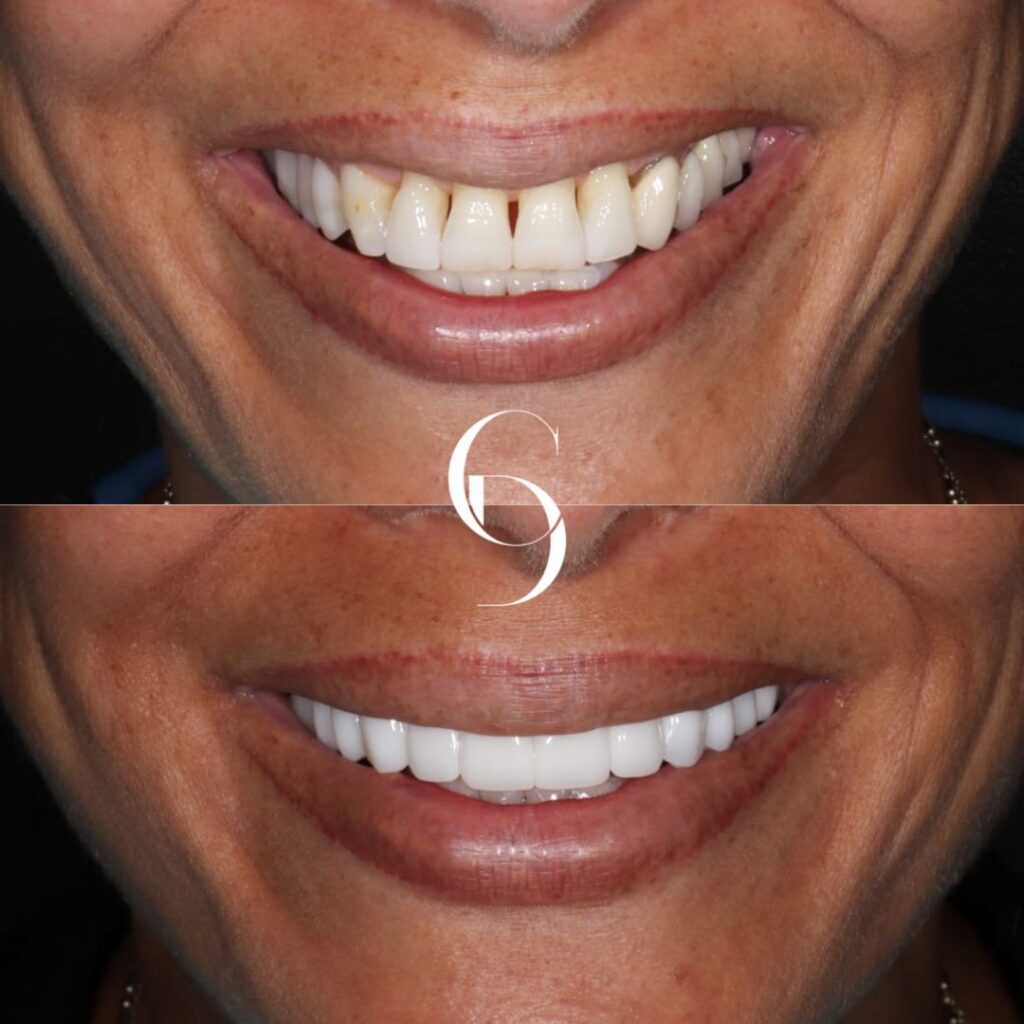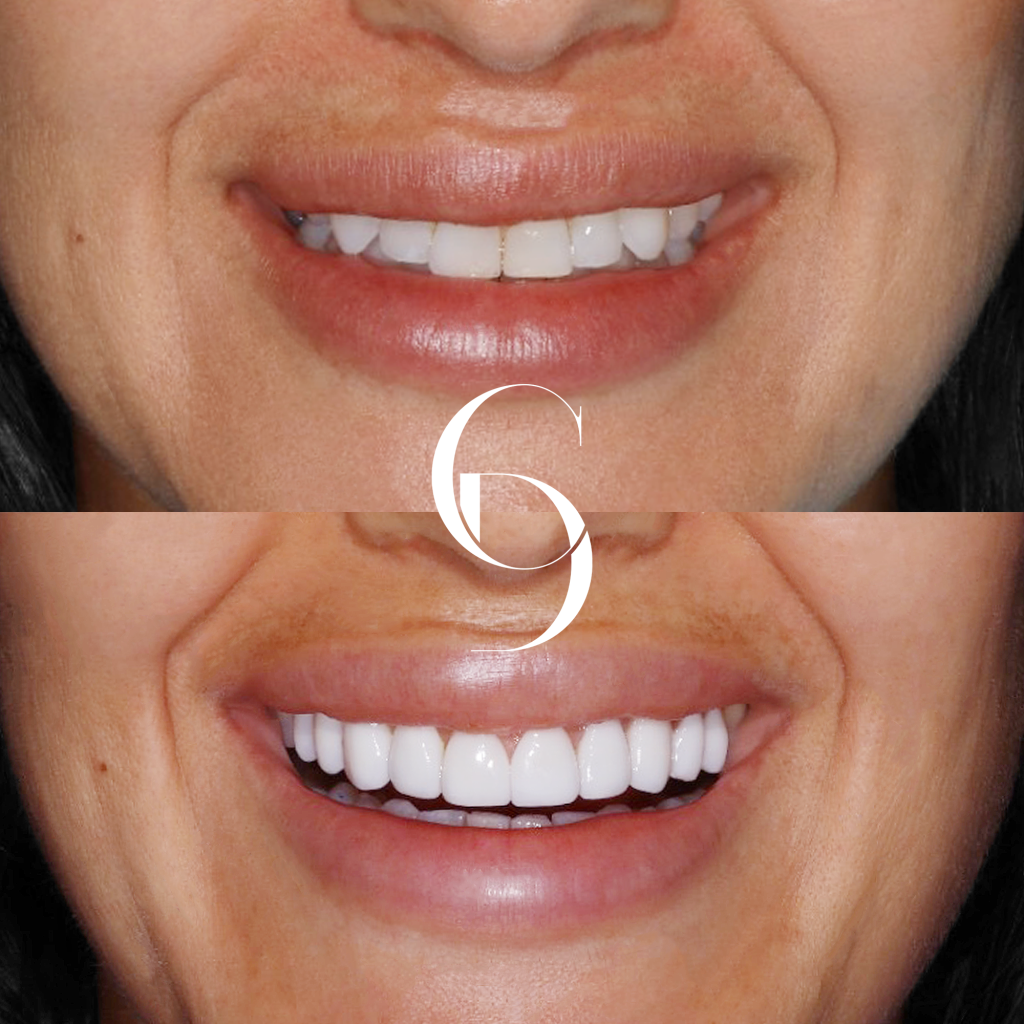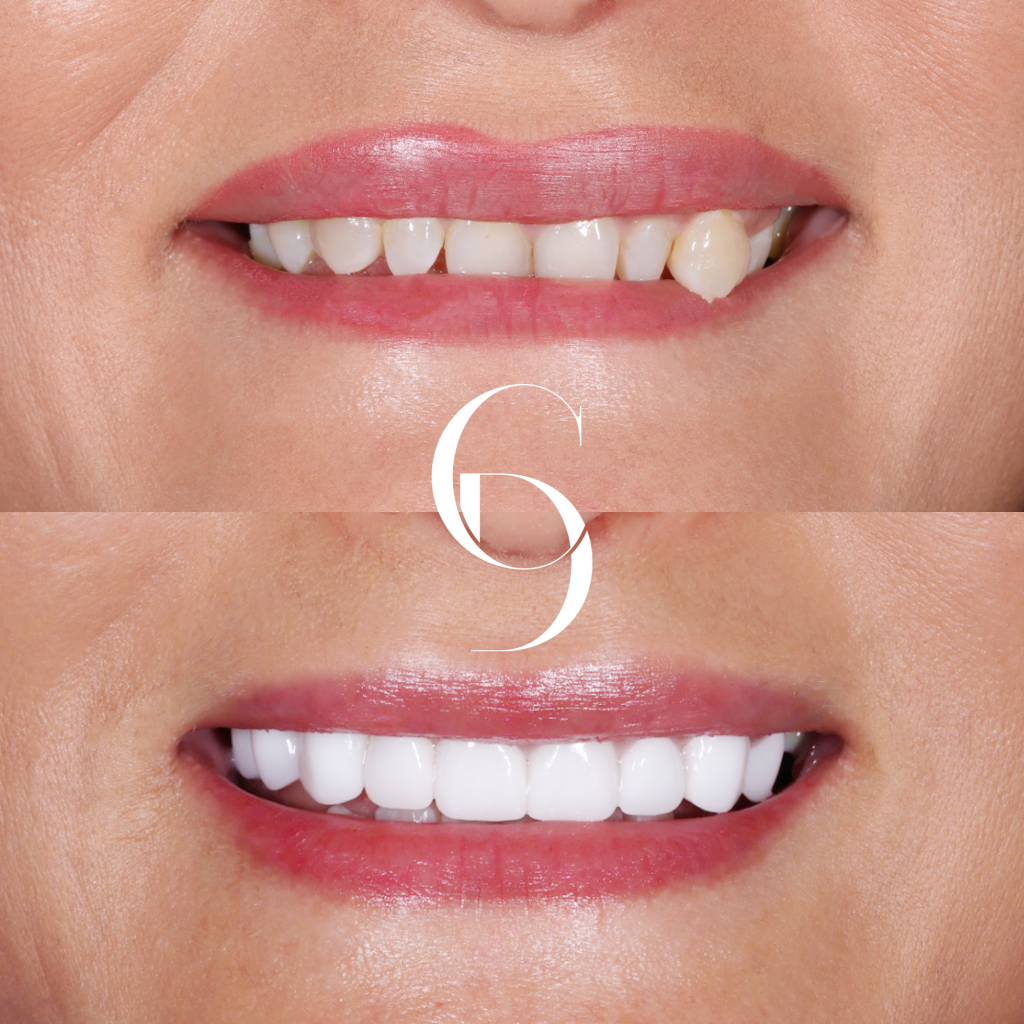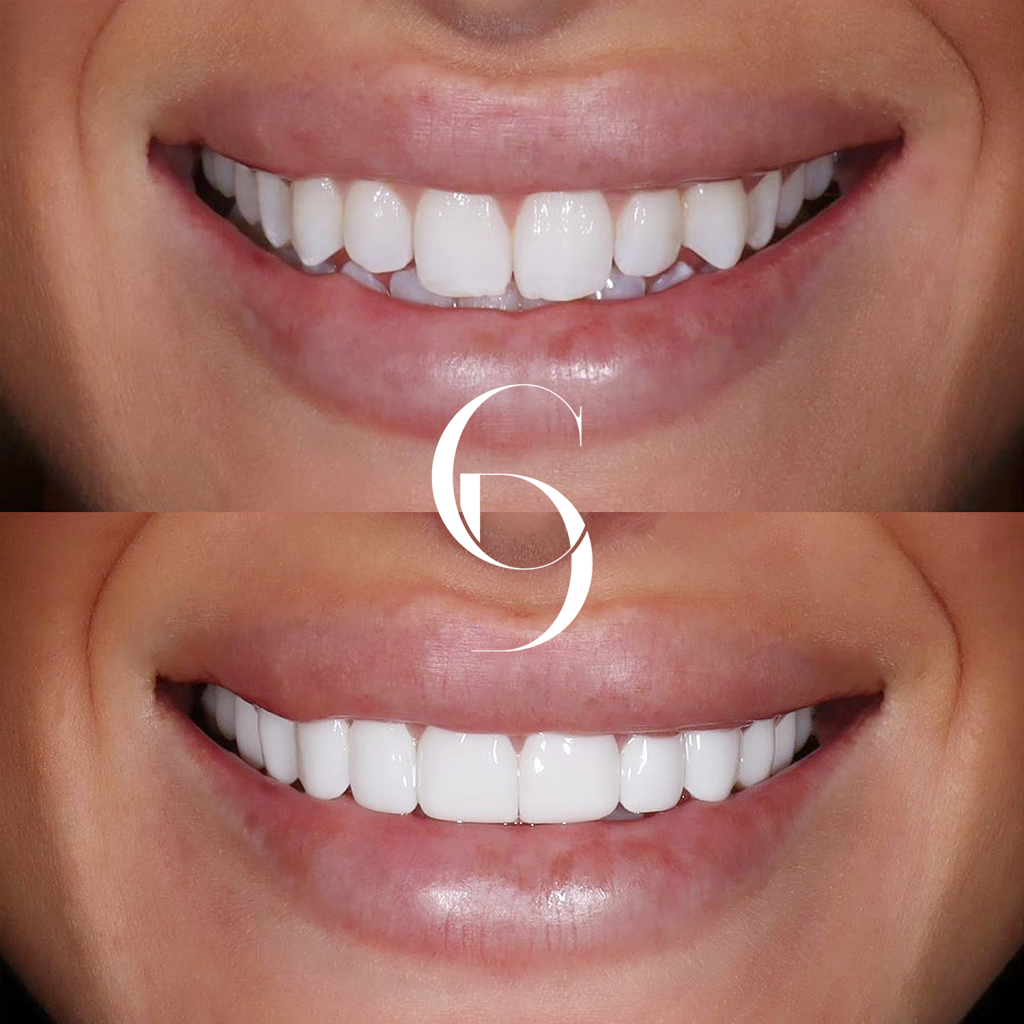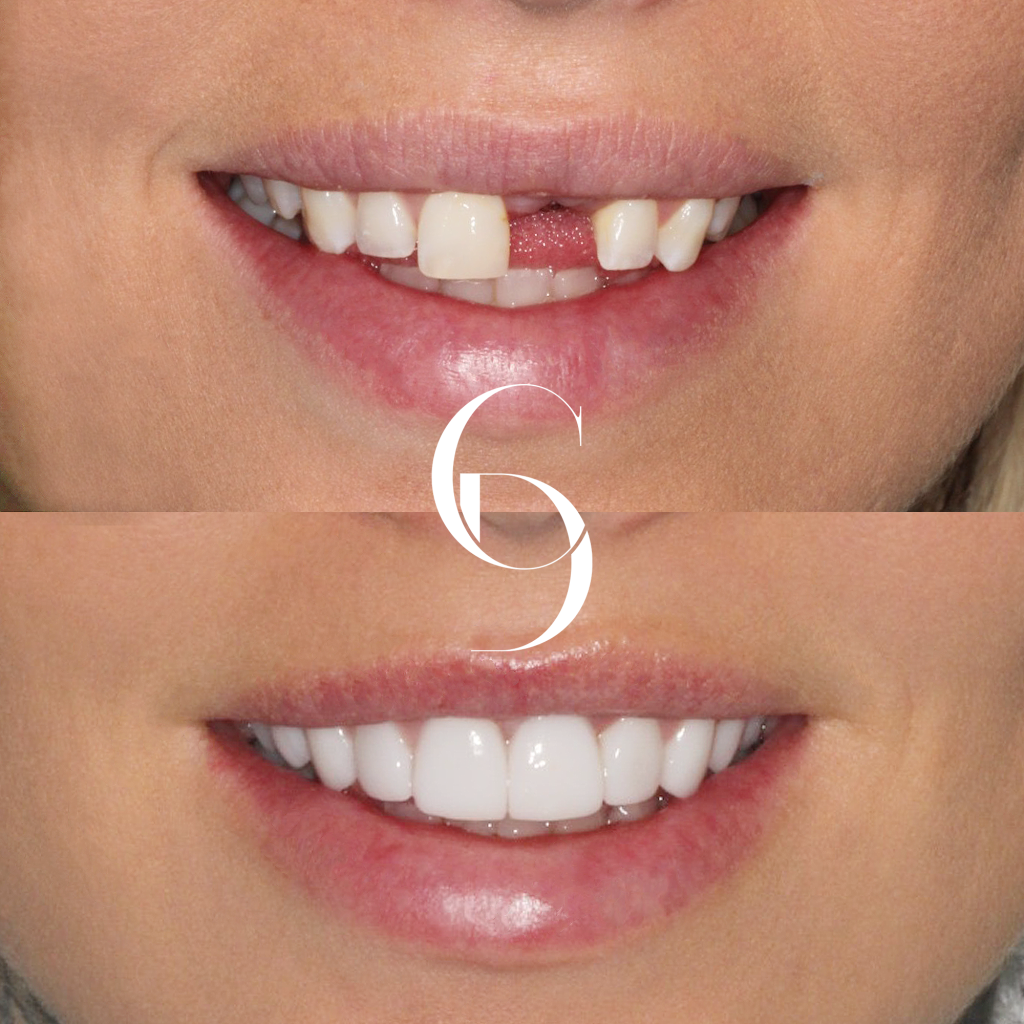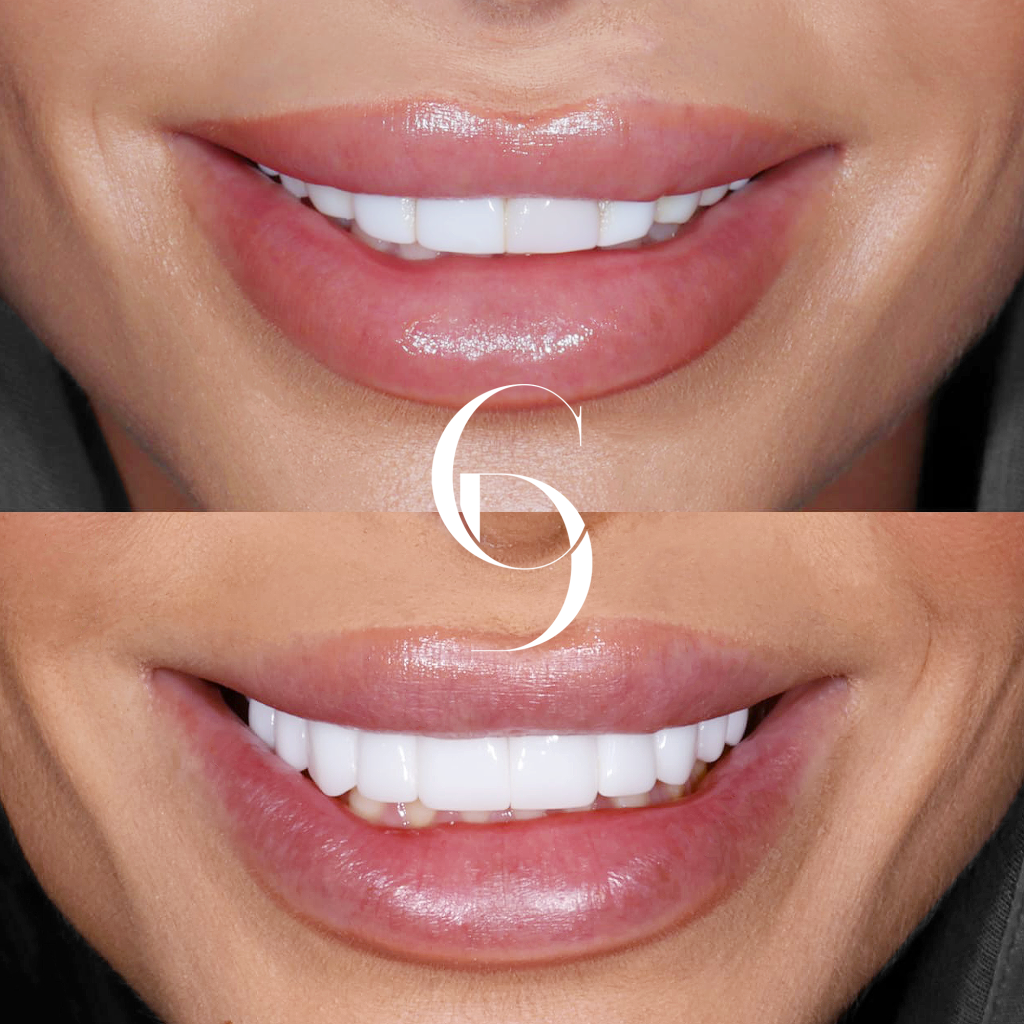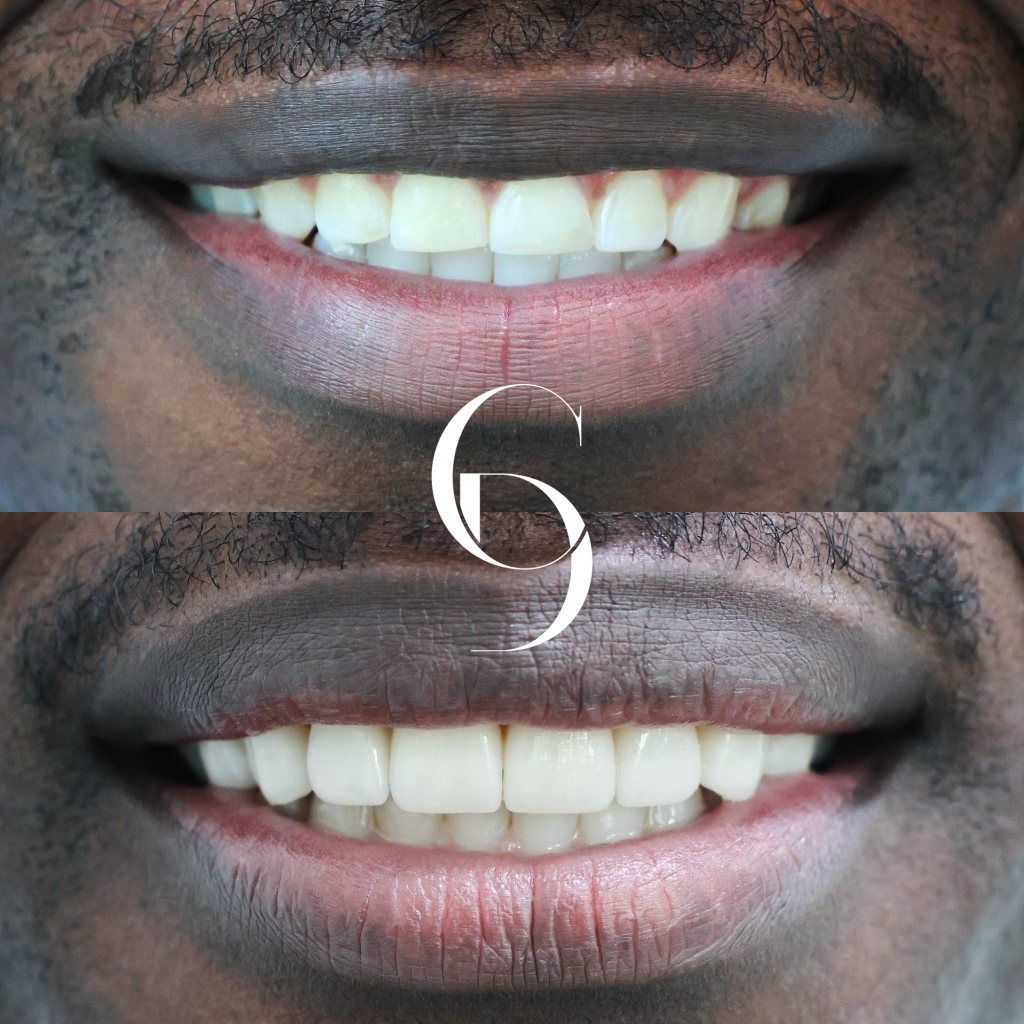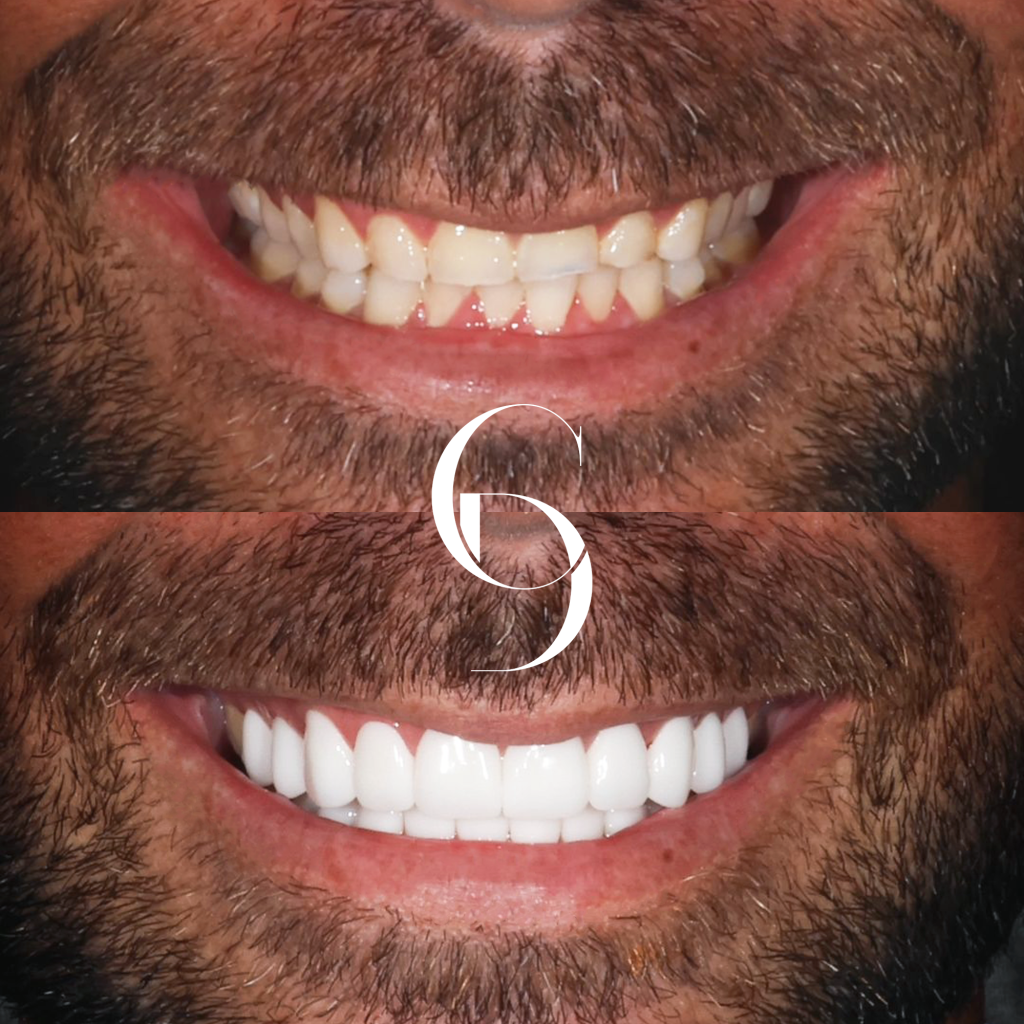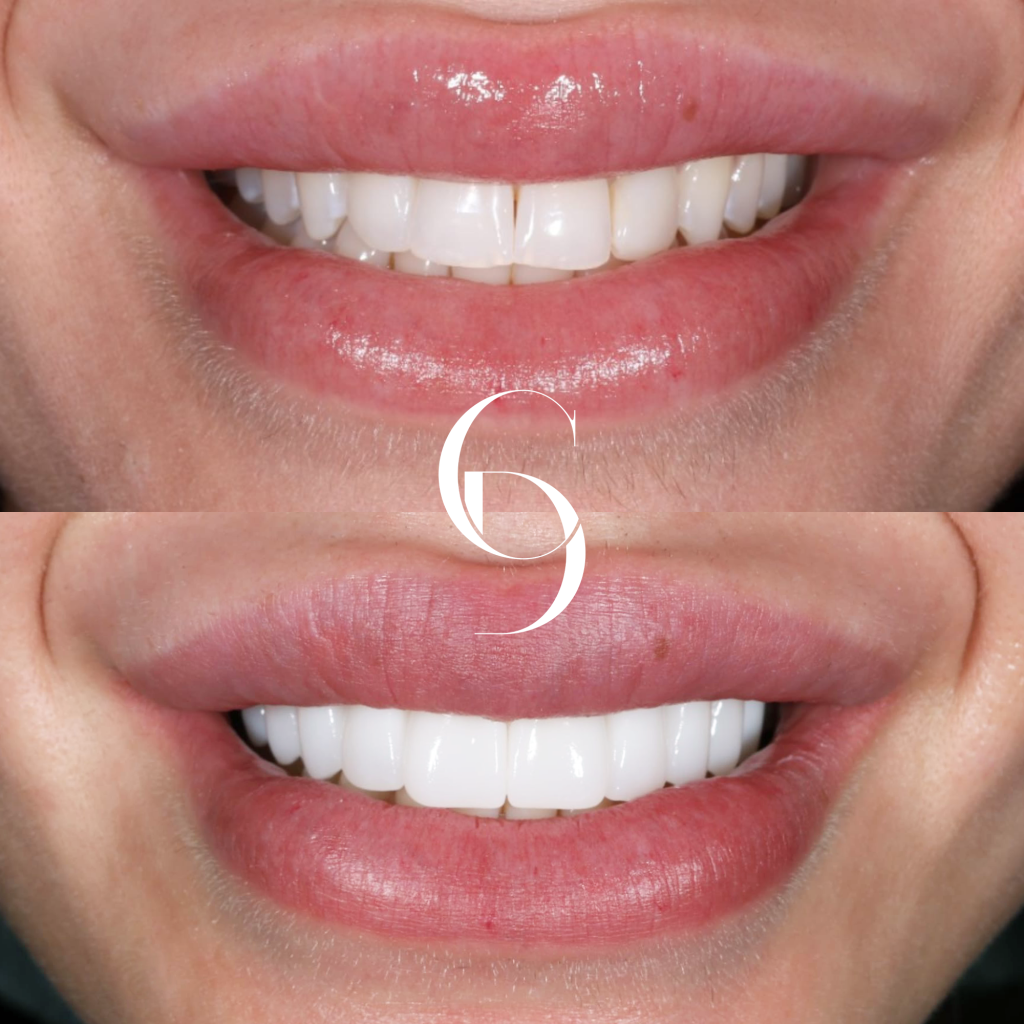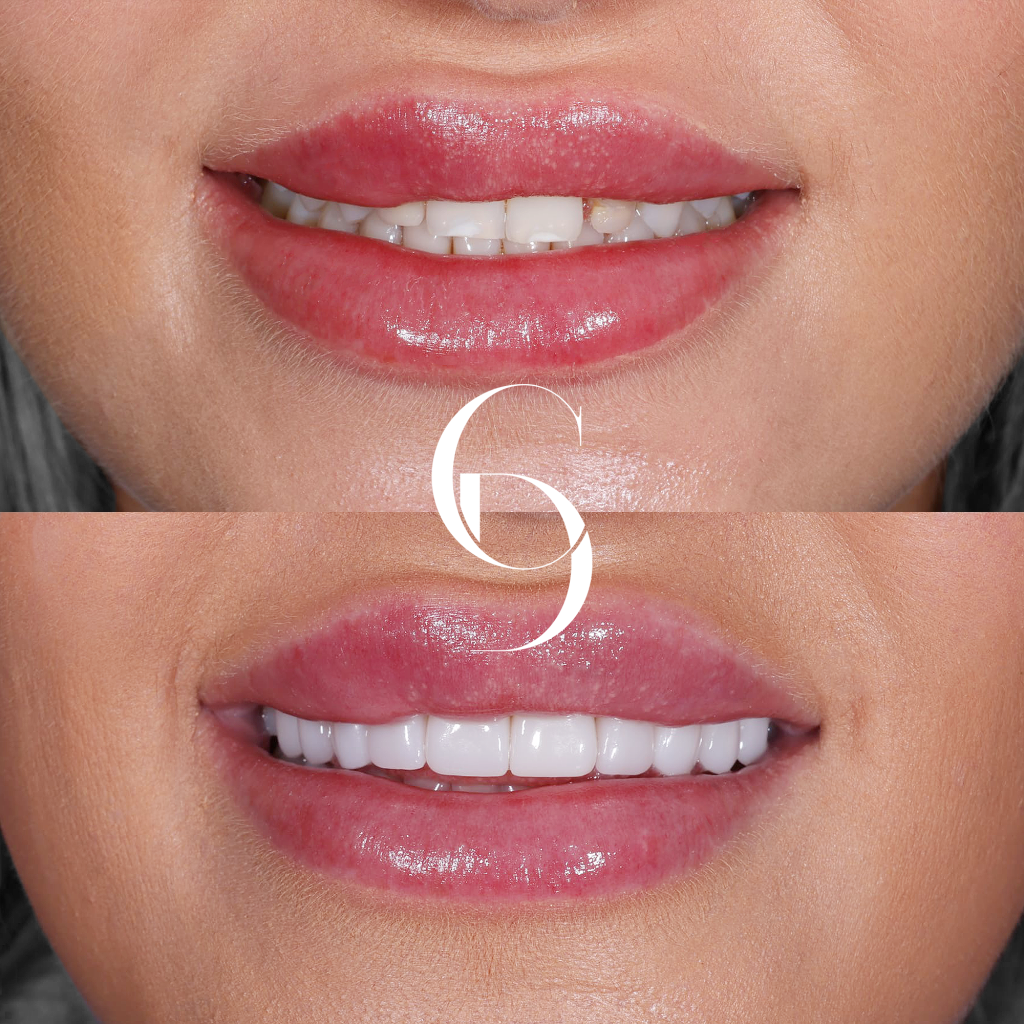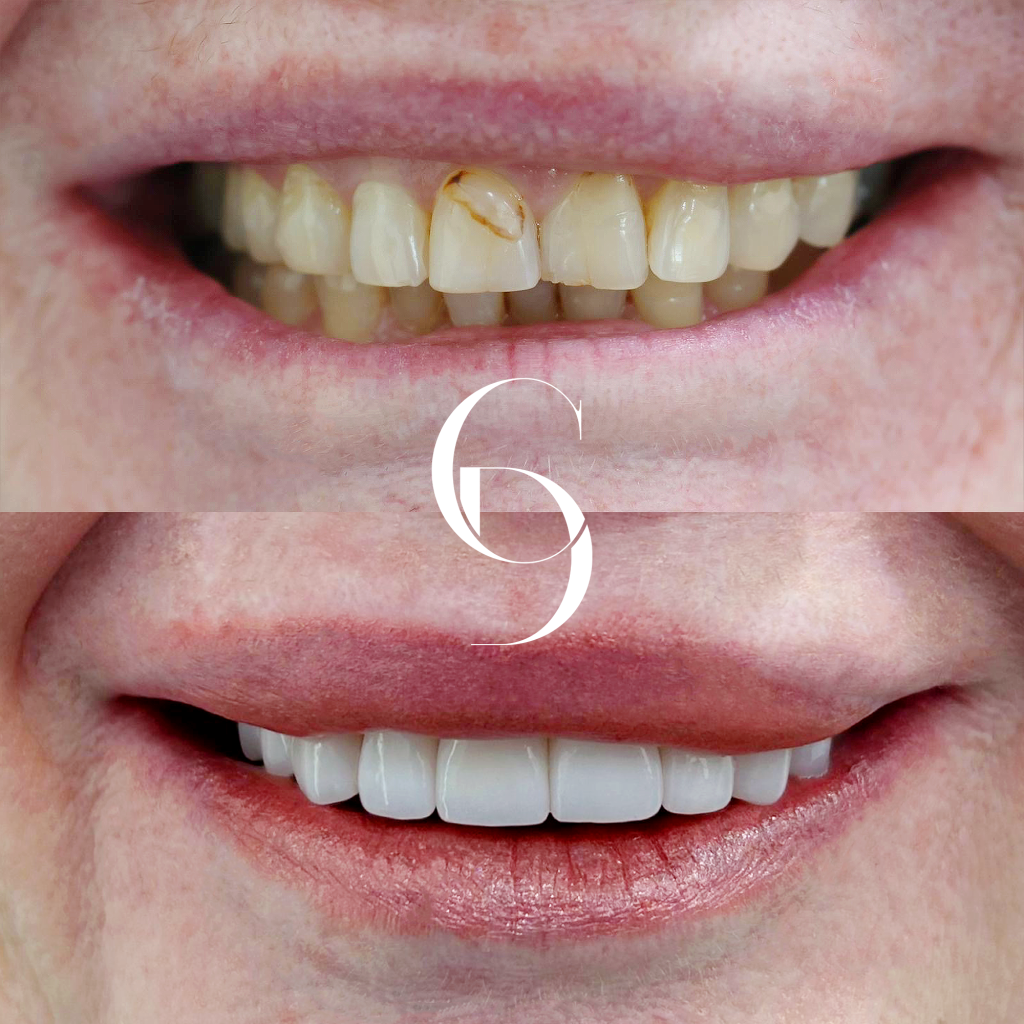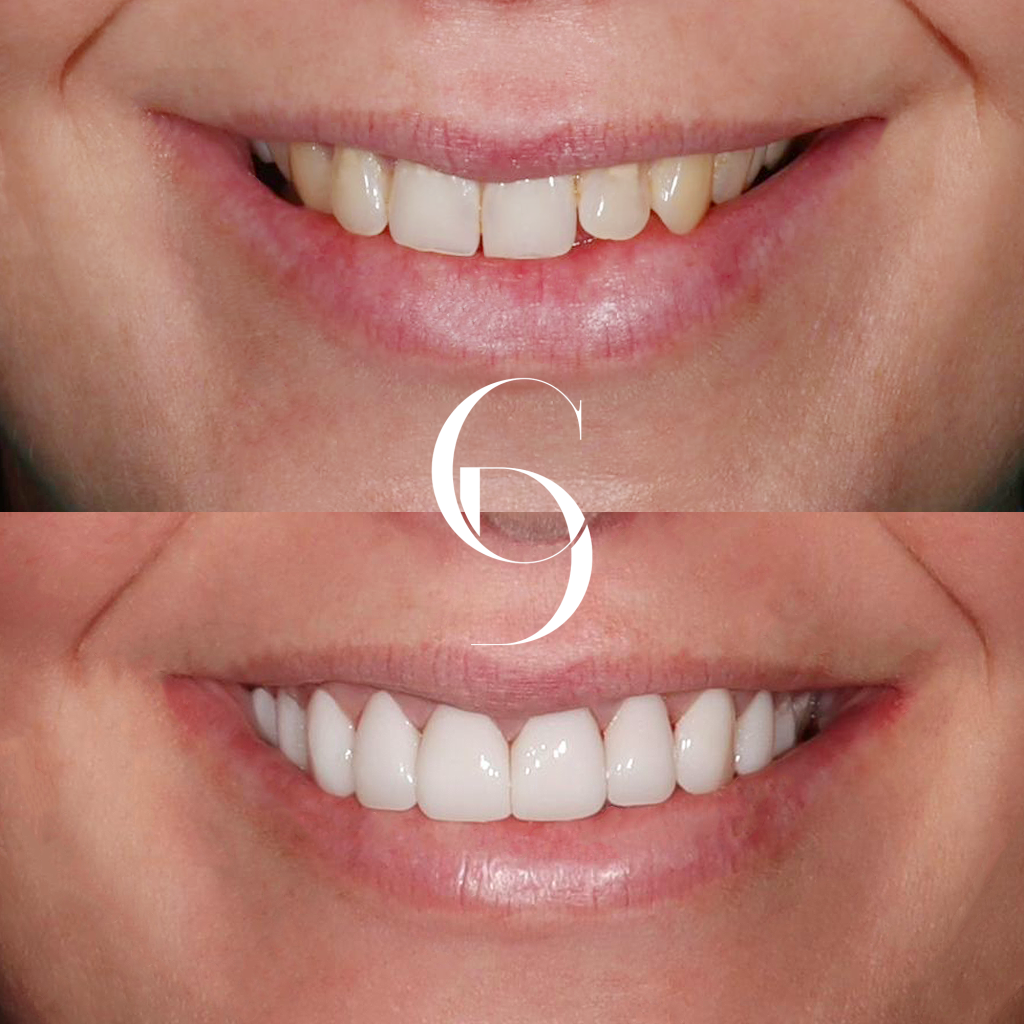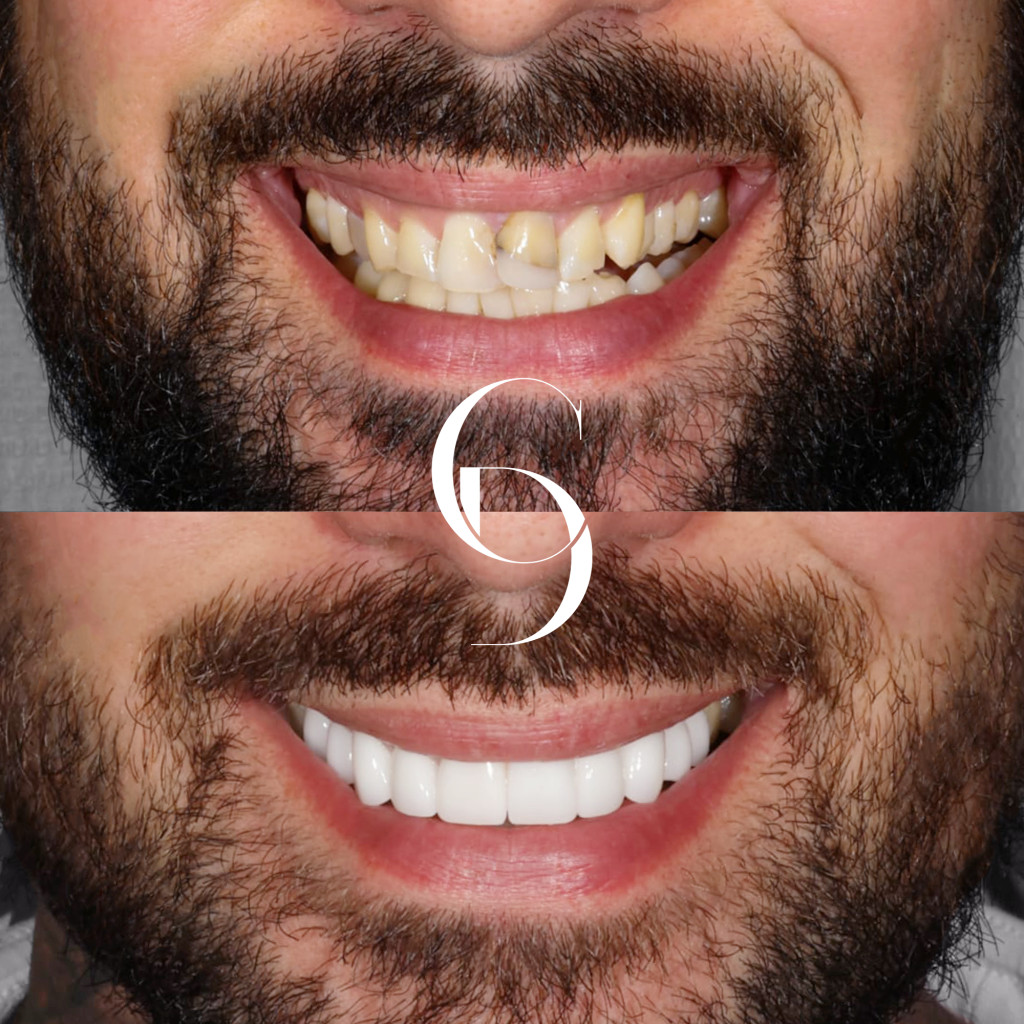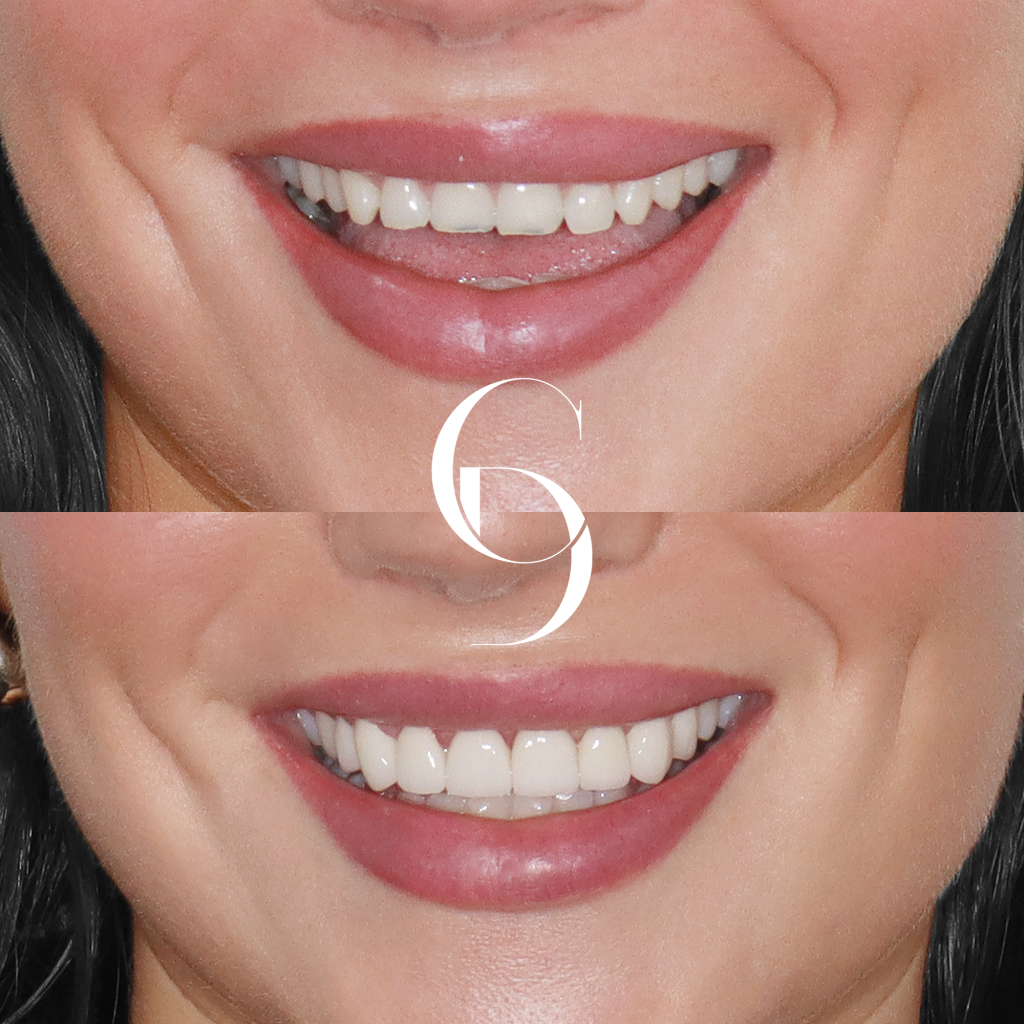Can mental health and dental health be connected? How do our feelings and the health of our teeth relate? They may appear to be two entirely separate aspects of our well-being, however, they share a close link with one another.
You must be aware that your mental health can have an impact on how you function physically. And conversely, It makes sense that if your body isn’t feeling well, your state of mind can also be negatively impacted. And your oral health is also a part of this.
Smiling can make you feel better by releasing positive chemicals in your brain to improve your mood. However, dental health may affect your self-image and can grow your insecurities while smiling.
Stress and poor mental health can make it more difficult to maintain good oral health, which results in many dental problems. Moreover, about half of all dental patients suffer anxiety before going to the dentist, which can often create dental phobia.
Let’s have a deep understanding of how these two aspects are associated with each other.
The Link Between Mental Health and Dental Health
Stress and Teeth Grinding:
Stress, one of the most common mental health issues, can lead to teeth grinding, a condition known as bruxism. This habit of grinding or clenching teeth, usually during sleep, can cause severe damage to teeth over time. Excessive pressure can lead to fractures, worn enamel, and even jaw pain. This may result in a cosmetic dental solution like dental veneers, or a surgical procedure like a teeth implant to restore a healthy appearance.
Neglecting Oral Care:
Depression and anxiety can make individuals neglect their oral hygiene routine. They may skip brushing and flossing, eat unhealthy foods, and avoid dental check-ups. Neglecting dental care can lead to various issues, like cavities and gum disease.
Eating Disorders:
Eating disorders can have many effects on oral health because they usually result in malnutrition and nutritional deficiency, causing enamel erosion, foul breath, bleeding gums, tooth decay, and gum disease. In contrast, poor dental health can make it difficult to chew, swallow, and eat.
Burning mouth syndrome (BMS).
A scary, but relatively uncommon, condition associated with antidepressants, antipsychotics, and sleeping drugs. BMS causes a strong burning sensation around your lips, inside of your mouth, tongue, or palate, similar to eating a jalapeno. It normally comes and goes, but in severe situations, it can become permanent.
There is also a biological link between poor oral health and mood disorders. When you are depressed or nervous, your body creates extra cortisol, a stress hormone. Excessive cortisol levels affect the immune system, increasing your risk of gum disease, oral sores, and infections.
How can I manage my mental and dental health?
Because mental health and dental health are connected, anything you do to manage one benefits the other. Fortunately, you may make small changes to your daily life that will have long-term benefits.
Consume a nutritious diet
Consuming healthy food, or a diet including fruits, vegetables, and other vitamin-rich foods, is always a good idea. What you eat has a significant impact on both your mood and your oral health. Eat a wide variety of nutritional meals as well.
Keep checking on any signs and symptoms
There are numerous indications that anything is wrong with your oral hygiene. While brushing or flossing your teeth, your gums may bleed. Your jaw may ache at times. Perhaps you are sensitive to hot or cold temperatures.
If you suspect anything consider discussing it with your dentist, doctor, and therapist to ensure it’s not harming your teeth.
Engage in stress-reduction exercises
If you realize that you have worn your enamel, this can signal that you are anxious and stressed. In that situation, you could decide to engage in some stress-reduction activities.
These can involve things like downloading an app to help you sleep better and stay calm at night, as well as deep breathing and meditation activities. One can de-stress and focus by practicing deep breathing and meditation throughout the day.
The Role of Dental Veneers in Restoring Confidence and Mental Peace
Now that we have comprehended the link between mental health and dental health, let’s talk about dental veneers and porcelain teeth. Dental veneers, often known as porcelain veneers, are thin shells constructed of porcelain or a composite substance. They are custom-made to fit over the front surface of a tooth. Dental veneers offer both practical and cosmetic objectives, making them a good choice for improving dental health and boosting mental wellness.
Cosmetic Enhancement
Dental veneers are well known for their ability to improve the appearance of teeth. If your dental health has suffered as a result of mental health concerns, veneers can help you restore your smile. They can cover up chips, stains, and gaps, resulting in a stunning and confident smile.
Boost Your Confidence:
A healthy, pleasant smile can enhance self-esteem and confidence significantly. When a person feels good about their teeth, they are more inclined to engage in social activities, which improves their mental health.
Tooth Protection:
Apart from their cosmetic benefits, veneers can also provide functional advantages. They can protect teeth from further damage caused by grinding, wear, or erosion. This protection is crucial for maintaining dental health and avoiding more significant issues in the future.
Wrapping Up
There is a link between mental health and dental health. Mental well-being has a significant effect on dental health, and conversely. Veneers porcelain, are extremely important in restoring confidence and protecting good dental health. Taking care of your mental and oral health is crucial for living a happier, healthier life. Remember to smile because it not only your oral health but also your mental wellness.

